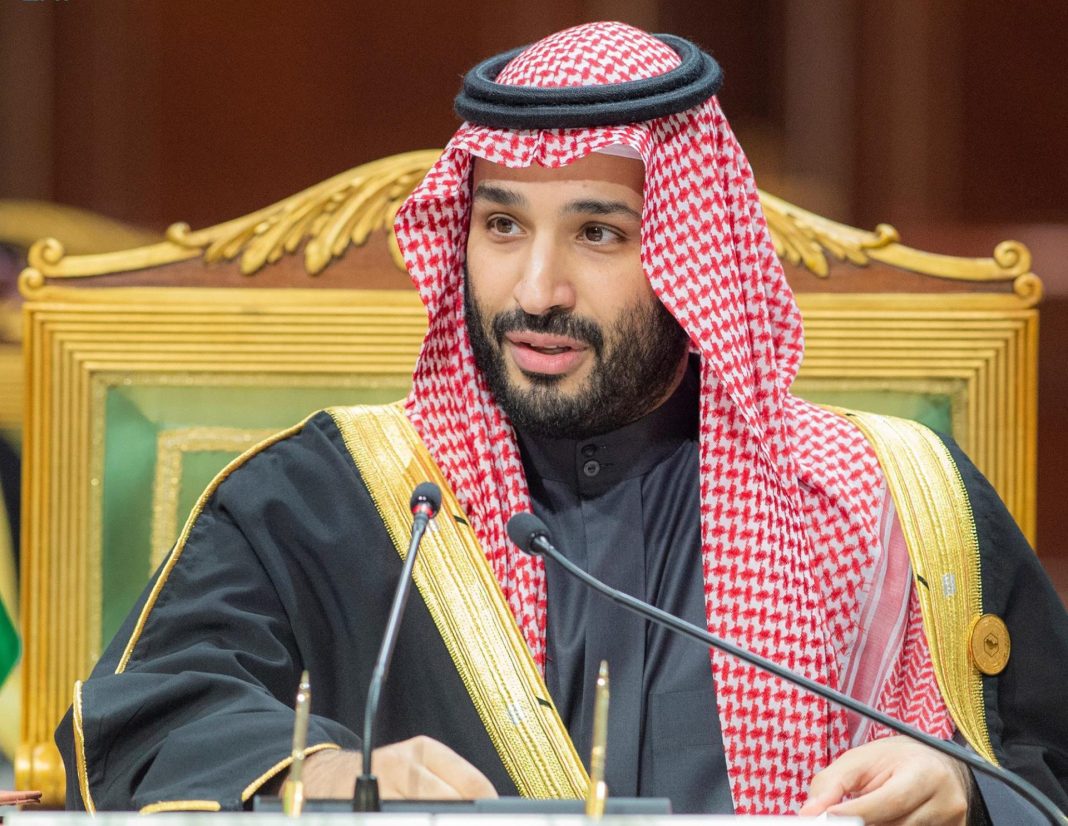In the off-the-record briefing in December, the crown prince told journalists that he had sent Abu Dhabi a list of demands, and warned that Saudi Arabia would take punitive measures against its regional ally if the UAE continued to undercut the kingdom in the region.
“It will be worse than what I did with Qatar,” he was quoted as saying by people who had attended the meeting.
In 2017, Riyadh led a diplomatic embargo on Doha, reinforced by an economic blockade, for over three years, with the backing of Abu Dhabi and Bahrain. Relations between Saudi Arabia and Qatar were only restored in 2021.
The crown prince and bin Zayed have been locked in a power struggle as they vie for dominance in the Persian Gulf region, and have not spoken for more than six months, according to WSJ sources.
Bin Salman told Saudi journalists that the UAE had “stabbed us in the back,” and warned, “they will see what I can do.”
This rift reflects a broader competition for geopolitical and economic influence in the Middle East and global oil markets, intensified by the United States’ reduced involvement in the region. Both countries are also engaged in an outreach to Russia and China.
The growing tension has raised concerns among US officials, who fear that the rivalry could hinder efforts to establish a unified security alliance against Iran, resolve the war in Yemen, and expand Israel’s diplomatic relations with Muslim countries.
Riyadh and Abu Dhabi have divergent interests in Yemen and Sudan, while Saudi pressure to raise global oil prices has created friction with the UAE.
In Syria, Saudi Arabia took the limelight by orchestrating its return back to the Arab League, a diplomatic effort long pushed by the UAE.
Meanwhile, Saudi Arabia’s diplomatic rapprochement with Iran earlier this year also took the UAE by surprise.
Saudi Arabia’s push to diversify its economy and reduce reliance on oil has also brought it into direct competition with the UAE.
The crown prince is aiming to attract companies to relocate their regional headquarters to Riyadh, launch tech centres, and establish tourist and logistical hubs, challenging Dubai’s position as the Middle East’s commercial centre and a carefully nurtured business model.
The dispute between the two leaders spilt into the OPEC meeting in October, when the UAE accused Saudi Arabia of forcing it to agree to an oil production cut. The Emiratis expressed readiness to withdraw from OPEC, reflecting their frustration with the Saudi dominance in the organisation.
The Joe Biden administration has made efforts to reconcile the two sides, setting up a meeting in May between bin Salman and Sheikh Tahnoun bin Zayed, the Emirati president’s younger brother and the UAE’s national security advisor.
The Saudi leader told Tahnoun the UAE should not interfere with the Saudi-led ceasefire in Yemen, and promised concessions to Abu Dhabi.
However, according to WSJ sources, the crown prince later told his advisers not to change any policies towards the UAE.
“I don’t trust them anymore,” he was quoted as telling them.
